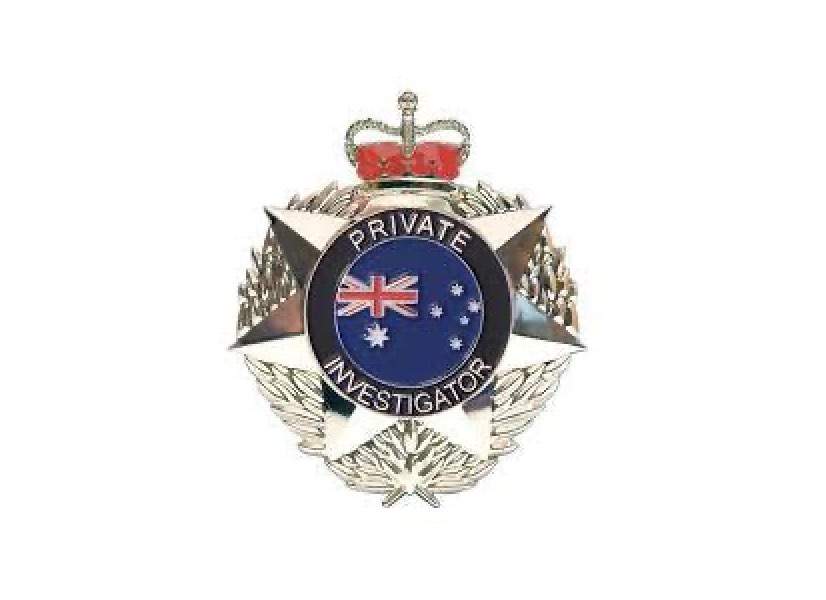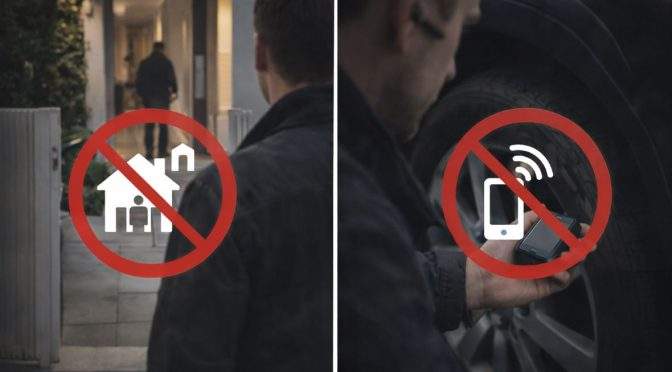Trust is the cornerstone of any relationship. When that foundation starts to wobble, especially with doubts like “is my fiancé cheating?” the emotional upheaval can feel overwhelming. As we navigate the intricate and sensitive topic of relationship fidelity, it’s important to tread carefully, respecting your feelings and your partner’s privacy, while being acutely aware of signals that could indicate infidelity.
Understanding Cheating: An Overview
Before delving into “how to know if your fiance is cheating,” it’s essential to understand what constitutes cheating. Infidelity can take various forms:
-
Emotional Cheating: Establishing a deep, emotional connection with someone outside the relationship.
-
Physical Cheating: Engaging in a physical relationship or intimate acts with another person.
The motivations for cheating can range from unmet emotional needs and personal insecurities to seeking excitement outside routine. Understanding these dynamics can provide invaluable context as you assess your relationship.
The Psychological and Emotional Indicators

Behavioral changes in your fiancé might be among the first signs of potential infidelity:
-
Secrecy or Defensiveness: If your partner becomes unusually secretive about daily activities or gets defensive without a clear reason, it could suggest a hidden aspect of their life.
-
Mood Swings: Unexplained mood changes—ranging from irritability to sudden anger—might indicate internal conflicts.
-
Diminished Emotional Connection: Reduced emotional intimacy, where your partner seems more aloof or disinterested, can also be a red flag.
Example Indicators:
| Behavior | Possible Indication |
| Frequent defensiveness | Hiding something or feeling guilty |
| Increasing moodiness | Dealing with stress from hidden activities |
| Emotional distance | Emotional affair or loss of interest |
Physical and Behavioral Signs to Watch For
Physical clues often accompany emotional changes. Here’s how to address the nagging question, “is my fiancé cheating”:
Spending Habits
-
Unexplained Expenses: Monitor for unusual or excessive expenditures. Secretive spending may indicate gift-buying or entertainment related to a new relationship.
-
Grooming Changes: A sudden emphasis on personal appearance, from new clothes to drastic hairstyle changes, might suggest they’re trying to impress someone new.
Intimacy Levels
-
Change in Affection: Whether it’s a drop or unusual surge in physical affection, these shifts can often be indicative of relational dynamics being affected by a third party.
-
Absences and Detachment: Unscheduled trips or unchecked absence during intimate moments can signal diversion or disinterest.
Social Signals and Technology: A Digital Perspective

In today’s digital age, technology offers subtle clues to answer “how to know if your fiance is cheating”:
-
Increase in Phone Usage: A significant uptick in phone time or protective behavior around digital devices like constantly changing passwords could hint at secretive correspondence.
-
Social Media Activity: Look for new friendships, increased activity, or blocked access to accounts as these actions might shield covert activities.
Suspicious Digital Behaviors:
| Digital Behavior | Potential Red Flag |
| Locking/hiding devices | Possible attempt to conceal communication |
| New social accounts | Hiding interactions from regular accounts |
| Secretive during calls | Conversations with potentially new partners |
Patterns and Routines: Red Flags in Everyday Life
Routine changes might hint towards infidelity:
-
New Hobbies or Interests: If unexplained activities surface, such as sudden gym sessions or book clubs, consider their original motives, especially if inconsistent with past interests.
-
Late Nights/Trips: Frequent, unaccounted for late nights at the office or sudden work trips can be driven by opportunities to meet someone outside the relationship.
Communication: The Foundation of Truth
Effective communication remains the key to unearthing the truth. Engage your partner in an open dialogue. Avoid accusatory tones and focus on expressing your feelings:
-
Use “I” statements, e.g., “I feel disconnected at times and would love to discuss our relationship more openly.”
-
Encourage honest discussions by showing a willingness to understand rather than blame.
Trust Your Instincts: When Gut Feelings Matter

Your intuition plays a crucial role in sensing when something is amiss:
-
Intuition Versus Paranoia: Assess whether your concerns are rooted in observable behavior or based solely on unfounded fears.
-
Consistent Gut Feelings: If your gut instinct persistently signals something is wrong despite the lack of hard evidence, consider it as a starting point for further exploration.
Seeking External Perspectives: Professional Help
When suspicions persist and communication fails, consulting a professional might be beneficial:
-
Relationship Counselors: Skilled in mediating conversations, they offer outside perspectives to resolve doubts and reaffirm commitments.
-
Private Investigators: If the situation escalates, professionals like those at Sydney Private Investigations can discreetly provide clarity.
What to Do If You Discover Infidelity
Discovering infidelity is deeply painful. Here’s how you might want to respond if your suspicions prove true:
-
Focus on Self-Care: Address your emotional well-being first. Surround yourself with supportive individuals.
-
Consider Confrontation: Decide if a calm, factual confrontation is appropriate, and prepare for it.
-
Decide on the Relationship’s Future: Reflect deeply on whether to reconcile or part ways. Professional counseling might help in navigating these options.
Moving Forward: Healing and Building Trust
Whether deciding to restore the relationship or part ways, healing should be a priority:
-
Rebuilding Trust: If both partners choose to work on their relationship, laying new foundations of trust requires time, patience, and often, professional help.
-
Ending with Dignity: If separation is the chosen path, handle the transition with clarity and self-respect, fostering personal growth.
Conclusion
Recognizing signs of infidelity requires sensitivity, awareness, and often brave confrontation of uncomfortable truths. By staying attuned to behavioral indicators, engaging in open communication, and trusting your instincts, you can answer “how to know if your fiance is cheating” with clarity and composure.
Frequently Asked Questions
How can I tell if my fiancé is emotionally cheating?
If your fiancé is emotionally distant, secretive with their devices, or has a deep connection with someone else, these could be signs of emotional infidelity.
What physical behaviors suggest my fiancé might be unfaithful?
Signs of a cheating partner can include secretive phone use, changes in intimacy, unexplained absences, and defensive behavior when questioned about their activities.
Can social media activity indicate cheating?
Social media behavior can sometimes reveal signs of infidelity, such as secretive interactions or unusual patterns of activity, but it’s not definitive proof of cheating.
What changes in daily routines may hint at infidelity?
Sudden changes in a partner’s schedule, unexplained expenses, secretive phone use, and decreased intimacy may indicate infidelity.
How should I confront my fiancé about potential cheating?
Approach your fiancé calmly and honestly, expressing your concerns and seeking a truthful conversation about fidelity and trust in your relationship.













